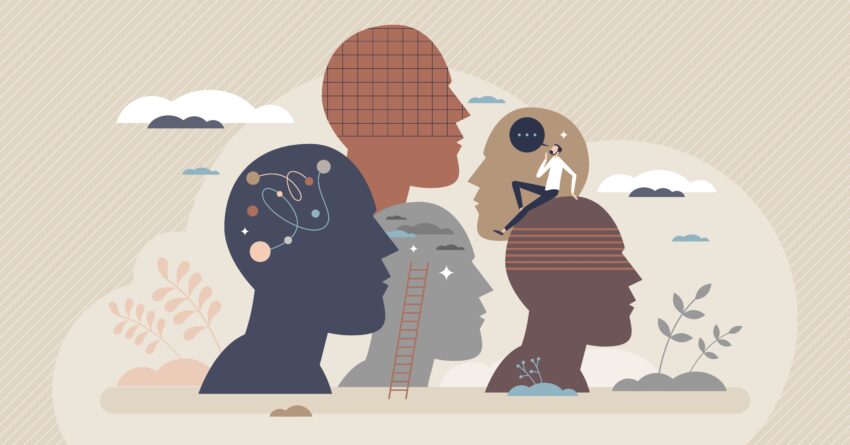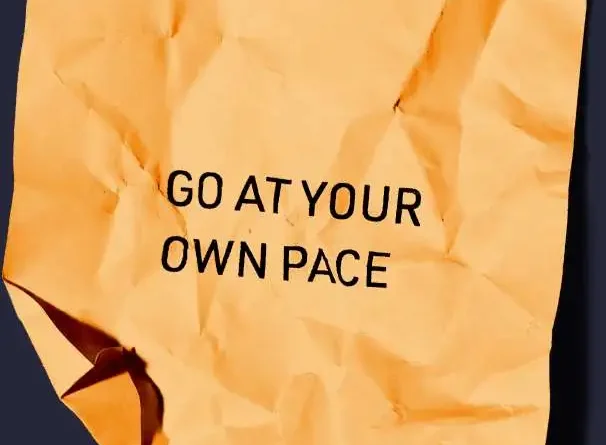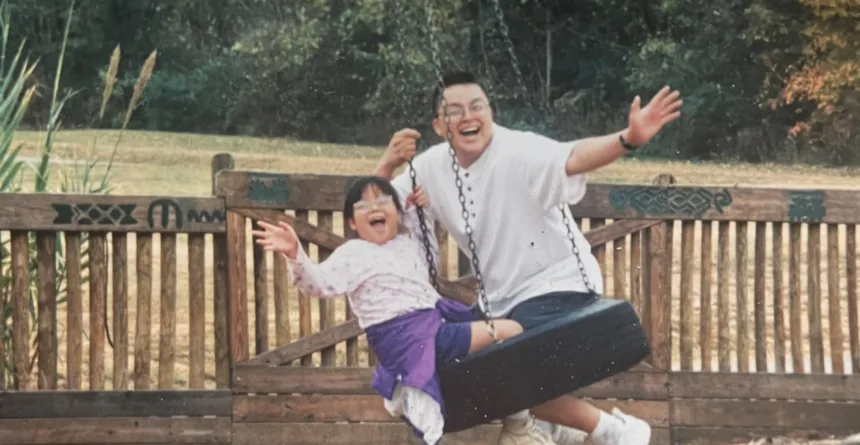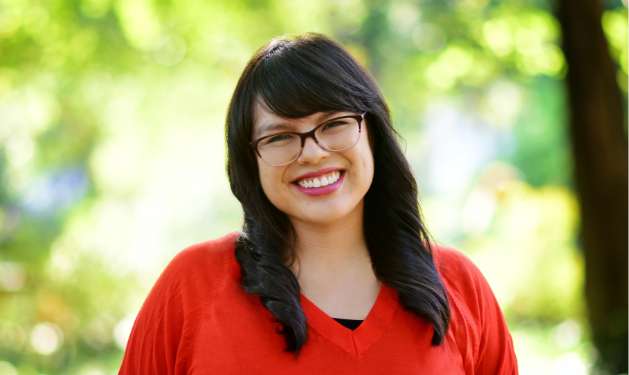The Need to be Seen
February 1, 2021
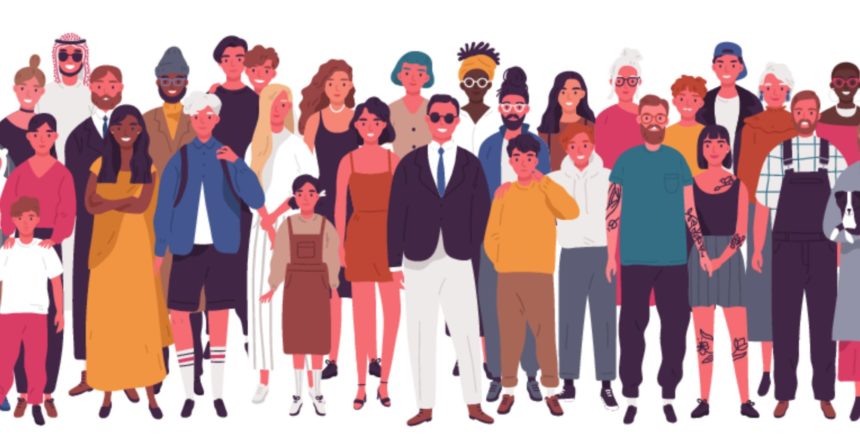
In therapy, we often discuss the importance of “feeling seen.” By this, we usually mean, validating the experience and feelings of our clients and meeting them where they are in their change process and collaborating on goals. Feeling seen is one of the most important steps to developing a strong rapport needed to feel safe enough to be vulnerable.
I’ve been thinking a lot about this need to be validated, represented, and seen as I awaited a new presidency in a country that is deeply hurting. Amongst critiques and worries, I see hope and healing from parents who are excited to have their children only know and experience a Black and Indian female Vice President. I felt the collective release of tension if just for a moment to celebrate the numerous Trans, Lesbian, Gay, Bisexual, and Queer elected officials to the Senate as well as Black and Indigenous leaders across all levels of government.
I’ve read posts of appreciation for seemingly simple inclusionary phrases during the inauguration such as “stand if you are able” as well as the Pledge of Allegiance signed in American Sign Language, by the First Black woman fire captain at Fulton County Fire Rescue, Andrea Hall.
Having one’s existence acknowledged, validated, and represented both inside and outside the therapy room contributes to one’s healing. Of course, we are far from perfect as a nation, but focusing on what parts of you feel the need for more representation and creating validating spaces and support can begin to lead you on a path towards individual and global healing.
Validation is a necessity, not a luxury
I brainstorm the best with others, so I took to social media to inquire about a time where a lack of representation felt invalidating. Here are some of the answers I received from my close friends, family, and colleagues.
Invalidating experiences included:
- Corporate cultures valuing Ivy League only education and male dominated work spaces
- Coworkers challenging work ethic and leadership based off one’s gender expression and sex
- Experiencing invalidating moments of misunderstanding South Asian cultural expectations by White clinicians
- CNN labeling Native American voices as “Something Else” on an on-air poll
Ouch! Microaggressions are often likened to little paper cuts that happen over time. We can see how each of these situations can hurt one’s own identity. Happening on numerous and continuous occasions, we begin to feel invisible, lonely, stressed, excluded, angry, and frustrated. What may start as a few paper cuts, turn into deep wounds. Finding places, people, and rituals that validate all of the parts of ourselves is a necessary step towards healing.
Cultivating Validating Experiences
I also asked my friends, family, and colleagues about validating experiences they’ve had.
Validating experiences included:
- Seeing women in top leadership roles at their companies
- Support from a trusted mentor or boss
- South Asian comedians using their platform to talk about niche cultural themes
- Seeing more BIPOC scientists and journalists
As a nation, we are making small steps towards a more inclusive community through these and many other micro and macro actions. Of course we need to globally continue to strive to create validating spaces for our Jewish, Muslim, Indigenous, disabled, LGBTQ+, Black, and other people of color folks and all the various intersectionalities. Change takes time that we are often inpatient to, but indeed it comes through hard work.
Here is where I begin to get curious about how you may be creating validating experiences for yourself in your day to day life.
Since the resurgence of the Black Lives Matter movement, I’ve seen an increase in clients reaching out to start therapy to begin addressing racial trauma with a therapist who may also represent them. I have seen the relief of some clients who don’t have to explain their papercuts and why they hurt, but feel the intense validation of sitting with someone with whom they feel safe. In beginning one’s therapy and healing journey, it is important to connect with a therapist who validates you.
You are allowed to seek out a Gay therapist, a Jewish therapist, a Black female therapist, a therapist who uses a wheelchair, a therapist who speaks Spanish, a therapist who grew up as an immigrant, a therapist who knows what it’s like to be in the United States military. Part of therapy’s great healing work is being comfortable to be vulnerable with the parts that hurt the most. Identifying those parts is a difficult, but necessary journey, towards healing the hurt they carry and you deserve to go on that journey with someone who sees the whole you.
For more information on how we can help contact us here.
